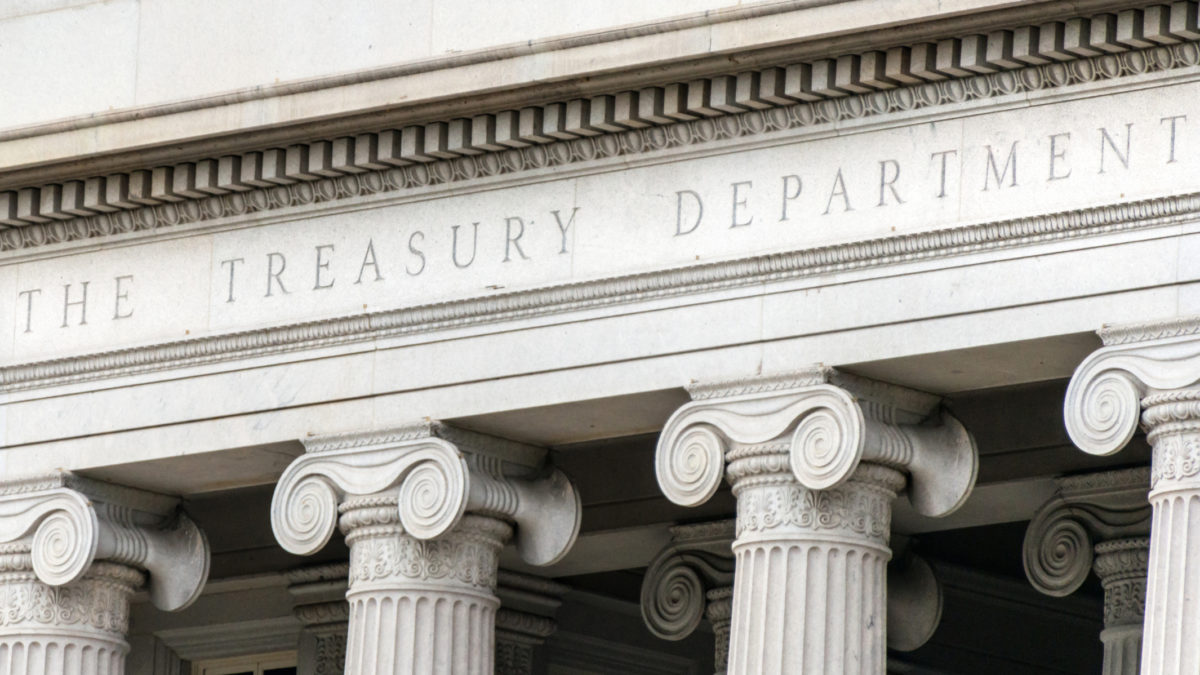
SANCTIONS ROUND-UP: MARCH 2020
Zimbabwe
On 11th March, the United States Treasury’s Office of Foreign Assets Control (“OFAC”) added two senior Zimbabwean figures to its Specially Designated Nationals (“SDN”) List, blocking their property interests in the US and prohibiting all dealings with them by US persons and authorities. The financial restrictions on the pair come after they were separately designated by the US State Department in 2019, barring their travel to the US.
The first of these, Anselem Sanyatwe, has been accused by the US Treasury of deploying troops to “attack and silence” demonstrators in the aftermath of the 2018 elections, in his previous capacity as commander of the National Army’s Presidential Guard Brigade. He has since been appointed as Zimbabwe’s ambassador to Tanzania. The second, Owen Ncube, has been accused of being responsible for human rights abuses in his current role as Minister of National Security. It has been alleged that he ordered the security services to “identify, abduct and mistreat” supporters of an opposition group.
In the same action, OFAC also removed four Zimbabwean individuals from its SDN List. Three of these, Shuvai Ben Mahofa (former Masvingo minister), Sithokozile Mathuthu (former Matabeleland North minister) and Naison Khutshwekhaya Ndlovu (former Deputy Senate President), are now deceased. However, the fourth individual, Ray Kaukonde (former ZANU-PF Mashonaland East chairman), is still alive. When discussing the Treasury’s removals, US Secretary of State Mike Pompeo noted that sanctions “do not need to be permanent”, indicating that Kaukonde’s removal was due to apparent improved behaviour.
Earlier in the month, US President Donald Trump announced a 12 month extension of the US National Emergency with respect to the Government of Zimbabwe, which was first declared by President George W. Bush in 2003. On 4th March, the White House remarked in its notice that, despite having had “ample opportunity to implement reforms” since former President Robert Mugabe was removed from power, President Emmerson Mnangagwa’s administration “has yet to signal credible political will” to do so. The statement even went so far as to say that persecution of critics and economic mismanagement have “arguably” accelerated in the past year.
ISIL/al-Qaida
The United Nations Security Council’s (“UNSC”) ISIL (Daesh) and al-Qaida Sanctions Committee added three entities to its sanctions list on 4th March. All three were regional affiliates of the Islamic State of Iraq and the Levant (“ISIL”), one of which was its Libyan franchise: Islamic State in Iraq and the Levant – Libya (“ISIL-L”). The United Kingdom Treasury’s Office of Financial Sanctions Implementation (“OFSI”) and the European Union followed suit, implementing UNSC’s designation.
ISIL-L was formed in November 2014, after pledging allegiance to then-leader Abu Bakr al-Baghdadi. It consisted of three branches: Fezzan Province (south), Cyrenaica Province (east) and Tripolitania Province (west). However, since its 2015-16 heyday, when it was in control of the city of Sirte, its power has declined and it has consolidated its three provinces into one central organisation.
Libya
On 25th March, the EU announced the launch of its new Mediterranean patrol – Operation Irini – which was created to better enforce the UN arms embargo on Libya. The new operation began its mandate at the start of April, following the expiration of the EU’s former mission – Operation Sophia – which was mired in problems after the then-Italian government declared that it would no longer receive migrants rescued at sea, leading to a cessation of maritime patrols. It is thought that most arms smuggling into Libya takes place via the eastern Mediterranean, which will be the core focus of the new mission’s naval and air patrols.
A few days later, on 27th March, the EU renewed its sanctions regime concerning Libya for another six months. These sanctions target several members of the former regime’s inner circle.
Democratic Republic of the Congo (DRC)
Four DRC entities – Interlog DRC and three of its aliases – were de-listed from OFAC’s SDN List on 17th March. Interlog DRC was initially designated in June 2018, alongside 14 other entities, for links to the Fleurette Group, a company belonging to Dan Gertler.
The US Treasury said that it was sanctioning the companies that it believed “enabled” Gertler to allegedly “profit from corruption and misconduct” in the DRC. Gertler himself was designated in December 2017, as one of the 13 individuals initially targeted by the Global Magnitsky sanctions regime. He was accused by the US of amassing his fortune “through hundreds of millions of dollars’ worth of opaque and corrupt mining and oil deals in the DRC”, using his “close friendship” with former President Joseph Kabila.
The Global Magnitsky sanctions regime was launched in December 2017 by the Trump administration to target what the US deems “serious human rights abuse and corruption around the world”. No reason was given for Interlog DRC’s deletion and Gertler and the other entities under his control appear still to be sanctioned. However, it has been reported elsewhere that the company found itself listed as a result of having done business with a Fleurette-owned mining company.
In other developments, the EU and OFSI amended their sanctions against Ignance Murwanashyaka on 20th March to reflect that the former rebel leader died in April 2019. Despite this, he still remains subjected to financial sanctions by both bodies. Murwanashyaka was the president of the Democratic Forces for the Liberation of Rwanda, which operated primarily from the DRC, and was convicted by a German court on charges of war crimes. He died in prison awaiting re-trial.
Egypt
On 19th March, restrictive measures by the EU against Hosni Mubarak’s inner circle were extended by an additional 12 months, with a new expiry date of 22nd March 2021. The entries were also amended to reflect the fact that Mubarak died last year.